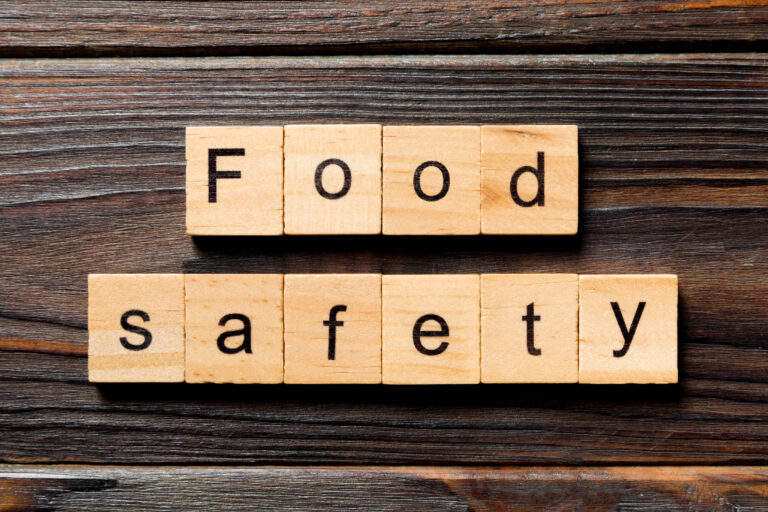Food safety culture has been gaining ground in food facilities for several years, but it has taken on a new impetus in recent years with standards and regulatory bodies around the world emphasizing its importance: i.e., U.S. New Era of Food Safety Blueprint, Canadian Institute of Food Safety, GFSI, and now Codex.
In late 2020, the Codex Alimentarius Commission (Codex) revised its General Principles of Food Hygiene (CXC 1-1969) with a significant addition to its standards: food safety culture. Codex is a collection of internationally recognized standards, guidelines and codes of practice adopted by the Commission, which is the central part of the Joint FAO/WHO Food Standards Programme established to protect consumer health and promote fair practices in food trade.
The key areas to which Codex added standards for food safety culture include:
- Food Business Operators should apply the hygienic practices and food safety principles “to build a positive food safety culture by demonstrating their commitment to providing safe and suitable food and encouraging appropriate food safety practices.”
- Management commitment to food safety should include “the establishment and maintenance of a positive food safety culture acknowledging the importance of human behavior in providing safe and suitable food.”
- Codex cites the following elements as important in cultivating a positive food safety culture:
- Commitment of management and all personnel to the production and handling of safe food.
- Leadership to set the right direction and engage all personnel in food safety practices.
- Awareness of the importance of food hygiene by all personnel in the food business.
- Open and clear communication among all personnel in the food business, including communication of deviations and expectations.
- The availability of sufficient resources to ensure the effective functioning of the food hygiene system.
While none of these should come as new information for a food facility, understanding and developing a process by which to implement them may be more difficult for some facilities. It is generally understood that both management and personnel commitment to safe food production and handling is vital and that leadership needs to set the direction, communicate, and provide resources to ensure food safety. But how that goes beyond standard food safety practices to become a facility’s food safety culture is not always so clear.
As discussed by TAG Director of Food Safety Dr. Liliana Casal-Wardle in a TAG Talks video on Food Safety Culture, it’s not difficult to write the programs and set measurements, but you have to remember that these are managed by people. So it is essential that the leadership – of all departments, not just Quality Assurance – drive the program’s success by building the knowledge, fostering ownership, and empowering each worker as an essential part of food safety.
Defining culture as “shared values beliefs and norms that affect the mindset and behavior toward food safety in and across an organization,” Dr. Casal-Wardle explained that building the culture of food safety to support its implementation and execution is critical to ensuring that food safety is a focus every day on every shift for every product. Because the goal of implementing the culture is to impact behaviors, establishing a program of rewards and recognition, as well as deviation management, will often help drive the culture deep into the business.
As you develop your food safety culture, be sure you keep it as a “living” program. That is, because you will need to adapt and update it from time to time, be sure it is easy to make changes, to communicate with workers, and to implement its evolution. Ensure each person understands their individual role – and the importance of it. Empower them to understand that what they are doing is for the wellbeing of the consumer – who could be a member of their own family.
For more on Food Safety Culture, view the TAG Talks: Food Safety Culture video, visit TAG’s Food Safety Culture webpage, or contact TAG for an assessment of your culture or assistance with implementation.






